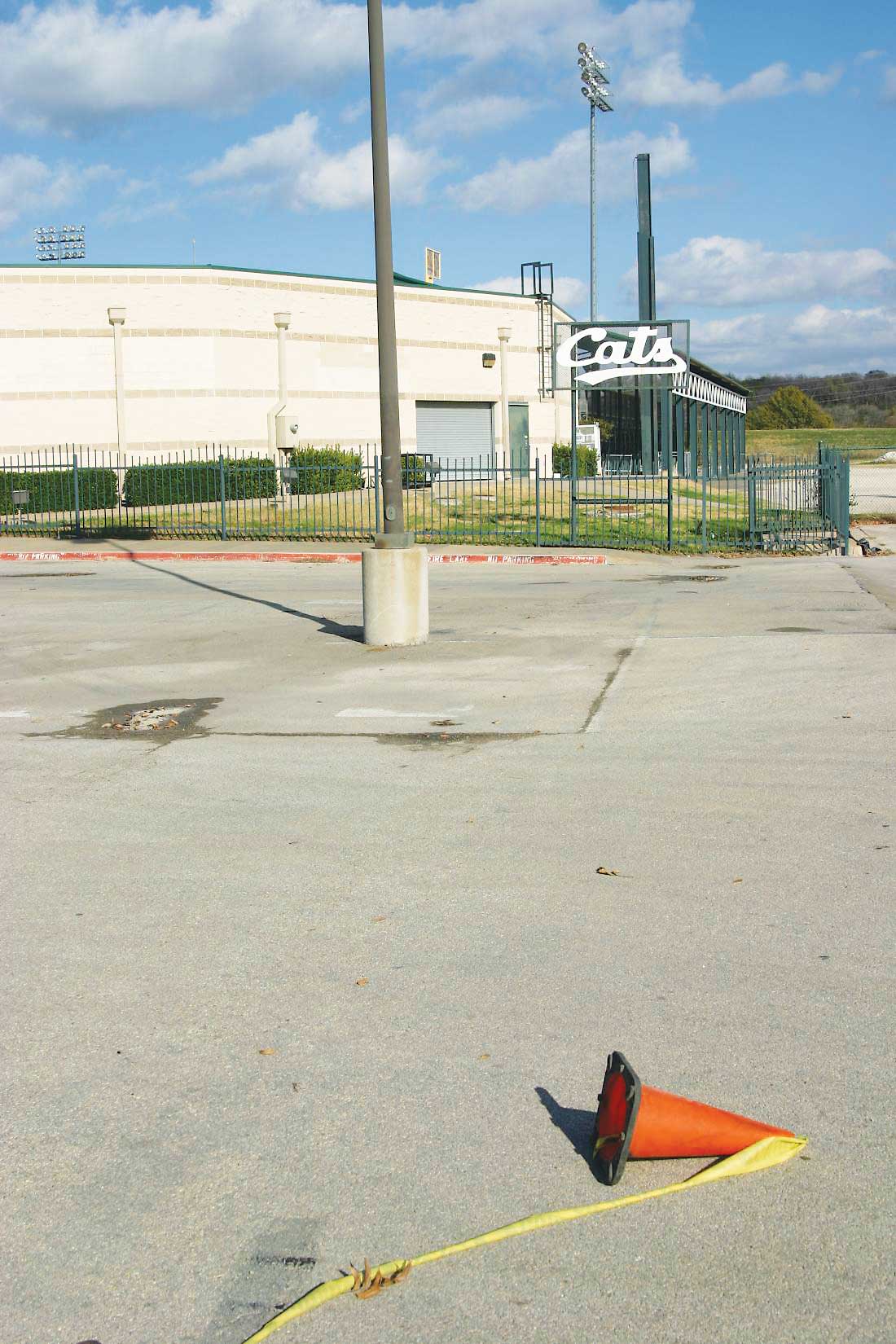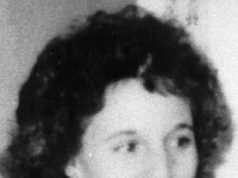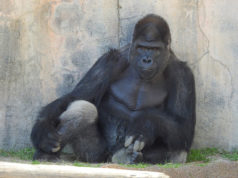Few writers have resisted the temptation to make “nine lives” jokes when writing about the Fort Worth Cats in recent years. Other bad cat puns have involved hairballs, de-clawing, and being strays. The minor league baseball team has been hurting financially. The previous team owner lost LaGrave Field to foreclosure, and the current owners have struggled to pay vendors and employees and recently lost their stadium lease.
It might be time to move on to euthanasia puns.
“The Cats certainly are in danger of missing the 2015 season unless we find an alternative place to play,” team owner John Bryant said.
The baseball season begins May 15. If the Cats can’t find another home by the end of January, it’s doubtful the team will play, Bryant said. If they can’t find one after that, cue the life-support jokes.
“We have a big investment in the Cats, and it’s a valuable franchise,” Bryant said. “Unless we get another location, we’re out of business.”
Finding a stadium to fit the team as well as LaGrave Field did won’t be easy. LaGrave was built in 2002 specifically for the Cats, on the site of a storied earlier field of the same name. The Trinity River meanders nearby. Fans in the stands got a close-up view of the downtown skyline. The stadium was easily accessible, and parking was cheap and plentiful. Finding a similar situation will be about as easy as reciting the infield fly rule while turning a triple play. Many other local stadiums are owned by universities and are already in use.
Some cities and counties own parks that include baseball amenities, but that doesn’t mean they are available or suited to the Cats.
“It’s not so much a problem of having other tenants there as just finding [a field] with enough parking, seating, restrooms, and concessions,” Bryant said.
The former congressman sees no villains in this situation, merely the continuation of a problem that began with the economic downturn of the late 2000s. Former owner Carl Bell re-established the team in 2001 to the hoorahs of many locals who recall the long history of another club. The Fort Worth Panthers, nicknamed the Cats, were founded in 1888. The Cats were so good that Major League Baseball teams played them in exhibition games at LaGrave Field, giving locals a chance to ogle the greats of the day, including Babe Ruth and Lou Gehrig. After World War II, the Brooklyn Dodgers made the Cats their AA farm club, sending future Hall of Famers such as Maury Wills to play at LaGrave.
After the 1964 season, the Cats merged with a Dallas minor league team, spelling the end of professional baseball in Fort Worth for decades.
Bell resurrected the Cats 36 years later after building the new LaGrave Field. Local residents were thrilled, attending games regularly and helping to support the team through booster clubs. Weekend games drew thousands of fans.
“They’re part of Fort Worth’s history,” said Tarrant Regional Water District board member Jim Lane, who was serving on the Fort Worth City Council when Bell brought back the team.
Bell also bought much of the surrounding acreage, which would become prime real estate once the billion-dollar Trinity River Vision development project was completed. But that project has moved slowly over the past decade. Bell ran short of money, and once the recession took hold in 2008, he was financially hogtied. Bryant and his partners, who included Byron Pierce and former Texas Rangers President Mike Stone, bought the team in 2012 and paid off debts. But they couldn’t afford to buy the stadium.
The city and the water district had chances to buy LaGrave Field out of foreclosure, but neither appears eager to own a baseball stadium. An investment group represented locally by Mark Presswood of Panther Real Estate Solutions bought the stadium for dimes on the dollar and gave Bryant’s ownership group, the city, and the water district more than two years to figure out how to buy it.
“Our group is working hard to see if there is a municipality interested in it,” Presswood said. “Any professional sports team will never be successful in a privately owned ballpark. That’s why even Jerry [Jones] needed help over there with Jerry World.”
Barring a sale, the owner has expressed a desire to develop the property, meaning the stadium could be razed.
“If it gets torn down, every elected official in Fort Worth ought to be ashamed of themselves,” Lane said.
“The landowner had been telling the city and water district for more than two years that if they didn’t acquire the stadium he was going to halt baseball operations and sell or develop the property,” Bryant said. “It’s a serious public-policy question for the city. When the property was for sale in 2012, the local government should have taken advantage of that opportunity, because 13.3 acres and an $11 million stadium went for $4.3 million. That land out there, just the 13.3 acres, is worth a minimum of $1 million an acre depending on whom you talk to.”
The lack of a long-term lease created problems for Bryant, who developed a reputation among employees and vendors for being late on payments or not paying at all. Fans complained that the stadium looked worn-down, including the centerfield scoreboard, which no longer worked.
“You can’t run a viable professional baseball operation if you can’t invest in your stadium,” Bryant said. “Typically a professional baseball team has a long-term lease on a facility, and it can invest in improvements with the knowledge they will increase attendance and profits. But when you don’t have a lease, you can’t invest in the facility, ask anyone else to invest in the facility, or [get a bank loan].
“We operated the team at a time when it was in a huge [financial] hole and subsidized it every year on the assumption that the stadium would get sold. We didn’t think the negotiation would end with no resolution and us not operating anymore,” he said.
Last year, rumors spread that Dallas Mavericks General Manager Donnie Nelson was interested in buying into the Cats. A former Cats employee, who asked for anonymity, said many people crossed their fingers and hoped that Nelson would provide financial stability, sew up a long-term stadium lease, and give the Cats permanent footing.
“The Cats have to play at LaGrave Field –– any field that isn’t LaGrave Field isn’t the Cats,” the former employee said.
But the deal fell through.
“We actually had negotiations with [Nelson] in 2013 about buying into the Cats and thought we had a deal,” Bryant said. “His problem when we were negotiating with him — and I’m sure his problem today is the same thing –– [is that] with no stadium lease, you really can’t ask someone to invest in the team. Unless the city or water district buys the stadium and makes it available for city baseball, you’ll never have a stable situation because you never know at the end of the season if you’re going to have to stop operations.”
The Fort Worth Vaqueros soccer team, which also played at LaGrave, is looking for a new home as well. The Vaqueros launched in January and soon began drawing more fans than the Cats. The soccer team would prefer to stay put, but if not, they’ll be playing somewhere when the season opens May 10, said Tobias Lopez, the Vaqueros’ business operations director.
He’s not worried about the team losing momentum by being uprooted so soon; the community has shown strong support, and other soccer facilities are available. But the Vaqueros want to find a permanent home eventually, he said.
“Our long-term goal has to be getting our own stadium and facility,” he said. “Every sports team needs to control revenue streams. We need to have facility management, whether we do it ourselves or partner with community leaders. That goes for any sports franchise.”













Goodbye, Cats. The franchise had one chance to recover from the Bell group’s self-inflicted wounds, but things actually went far worse with the Bryant/Pierce snake pairing. They’ve done this everywhere they have been, so it’s sad for the fans and sponsors that supported them. Empty heads, empty stands and empty pockets all around.
This article http://blogs.dallasobserver.com/unfairpark/2013/01/while_players_and_suppliers_wa.php states that the Cats owner failed to pay bills due to a last minute 5.1 million dollar purchase they made on lagrave field. Now, they are just renting? Lets hope a legit league such as the Atlantic League comes in and revives the Cats, because LaGrave Field has not had baseball since the American Association left town.
These clowns have done this all over Texas, Louisiana and neighboring states for 20 years. They talk a good game, they bring in a few guys who had a cup of coffee and present them as “Former Major Leaguers!!!” and get in over their heads financially. Then vendors go unpaid, commission go unpaid, then paydays come and go with base salaries unpaid. Eventually, the lease is unpaid and the doors are padlocked. This has happened in city after city. Though nearly every team in the history of their league has been league-owned, each team is operated as an individual LLC, so when they get out of town one step ahead of the angry mob of creditors, said creditors have no recourse when the LLC is closed.